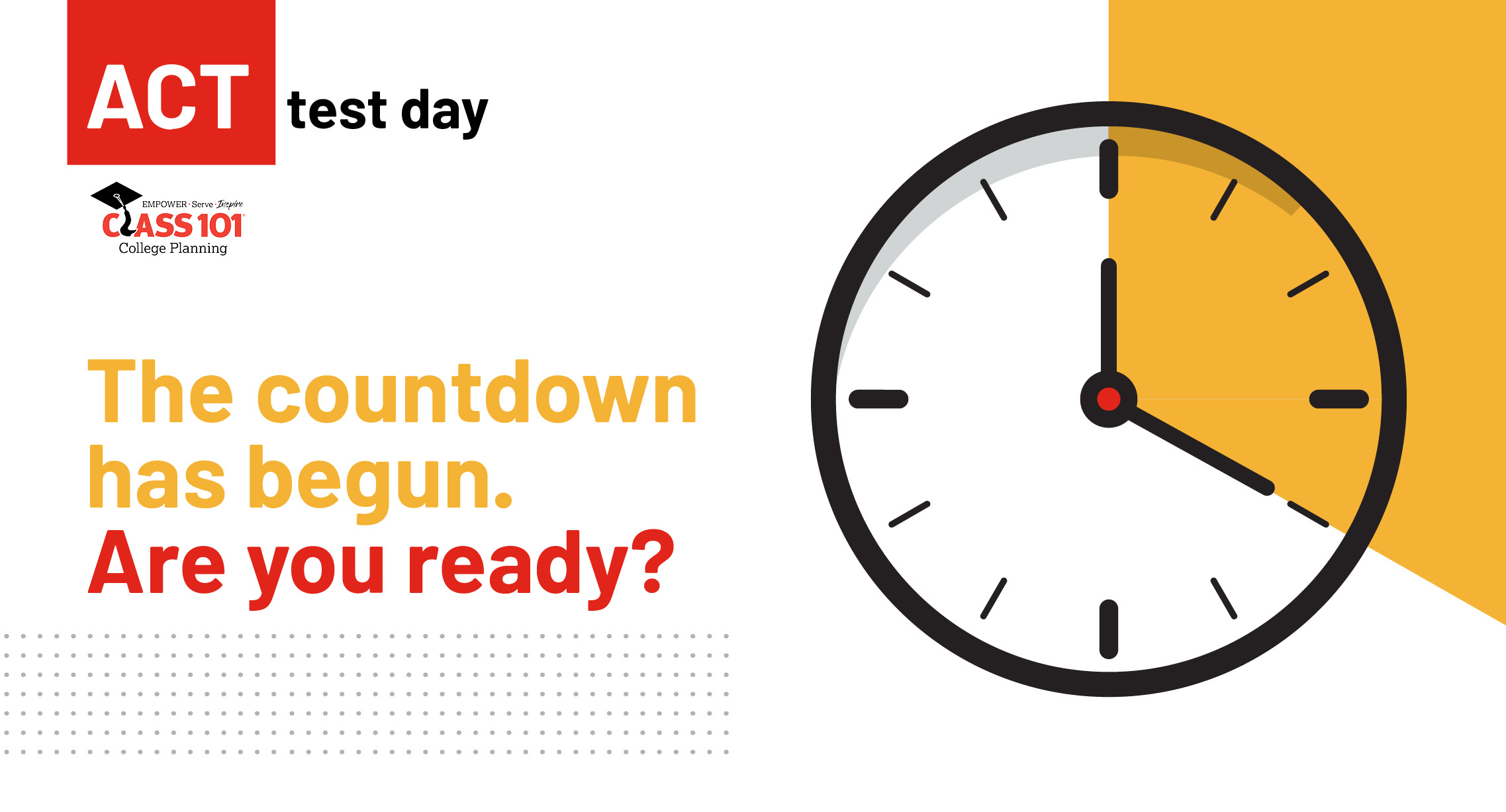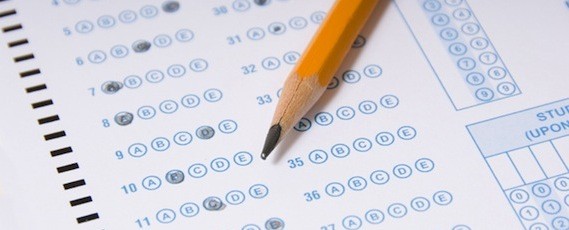October 19, 2023

It can be hard for students to talk about themselves. Many don’t like to write down their accomplishments for an admissions office.
Still, it’s a necessary part of the process. Colleges can use resumes—a snapshot of a student’s academic, professional, and personal achievements—to understand their skills and abilities to know they’ll be the “right fit” for the campus environment. It can also be critical at earlier stages in the process when assembling other parts of an application.
In this blog, we’ll explain three ways a good resume can help you or your student stand out.
A letter of recommendation is a staple of most kinds of applications. It is a brief written letter in which a person describes another’s suitability for a particular role or position.
In the context of colleges, letters of recommendation are written by teachers, coaches, supervisors, and other professionals who have had the opportunity to see a student learn and grow and can speak about their ability to thrive at an institution of higher learning. The best letters are written by someone the student knows well who can point to specific events that capture their potential.
However, even the most supportive letter writer can use some help. Teachers, for example, regularly juggle hundreds of students and it can be hard to remember specific events without prior prompting. Coaches or work supervisors may be balancing a large team and forget details like when a student joined and the specific achievements they’ve made.
By developing a resume, students provide letter writers with a quick overview of their career in a way that can jog their memory and make letters themselves more specific. Instead of talking vaguely about what a “delight” a student was in a classroom, a resume can remind a teacher of a specific project they led and the challenges a student has to overcome to complete it.
A good resume can round out and deepen letters.
The Common Application, also known as Common App, is the most popular application used by colleges. Representing over 900 schools, students can submit their transcripts, extracurricular activities, and essays and have them automatically sent around the country. It is an easy-to-use system (at least as far as college applications are concerned).
When going through the Common App platform, students may find colleges requesting them to explicitly submit a resume. Others still may find a benefit in having a resume on hand for detailing their specific experiences and accomplishments, as the Common App includes a section for each student to share information on hobbies, clubs, and community engagement experiences.
Beyond these two uses, a resume can also be useful for an application essay. If a student needs inspiration for a prompt, having a list of everything they’ve accomplished can be just that. With a resume handy, students can guarantee they are thinking comprehensively about their high school career.
Finally, a resume can give colleges more information on which to make a decision. By listing one’s experiences and achievements, colleges can get a comprehensive portrait of a student’s skills.
The Common App allows students to list some of their activities, but with its 150-character and 10-activity limit, that can be difficult, if not impossible. Including a resume as a supplementary document contrast can give an applicant as much or as little space as they need. It can allow a student who is highly engaged in a variety of activities the space they need to explain themselves and stand out before an admissions committee.
When used well, resumes can round out a student’s portrait and fill in gaps that might appear elsewhere. They can show the depth and lengths of commitments and demonstrate that students have more than just “one and done” volunteer experiences.
These are just a few of the benefits a resume can provide. If you want guidance on ways to develop a resume, reach out to us. We are happy to answer any questions about this or other aspects of the college application process.
Image: Fizkes, Shutterstock

July 10, 2025
Summer is underway and most students are enjoying a well-deserved break from school work to pursue sports, hobbies, summer jobs, travel, and more. Still, these hot summer months should not distract from one key fact—the start of college admissions season is right around the corner. Most colleges and universities will begin accepting applicants for the […]
Read More >
May 10, 2025
As a high school student, have you ever wondered what exactly is considered a good ACT score? Are you confused about where to set your target score? Do you feel intimidated by the thought of taking the test and not knowing what score to aim for? What is a Good ACT Score? The ACT is […]
Read More >
January 1, 2025
Updated: Jan 2025 There are four sections on the ACT: English (75 question/ 45 minutes), Math (60 questions/ 60 minutes), Reading (40 questions/ 35 minutes), Science (40 questions/ 35 minutes) and then the optional writing portion. ACT Math Math is the easiest section to raise your score in. This section is the one where students […]
Read More >